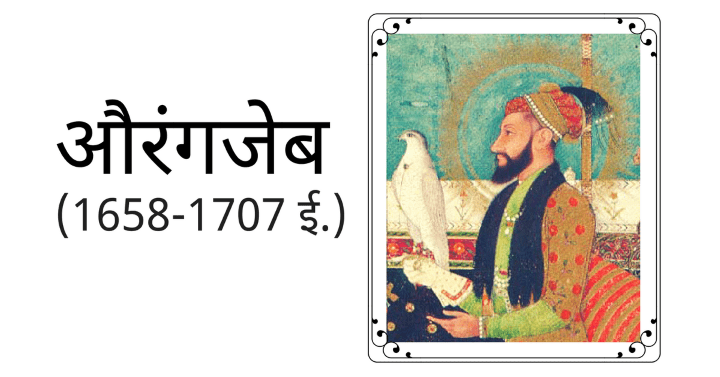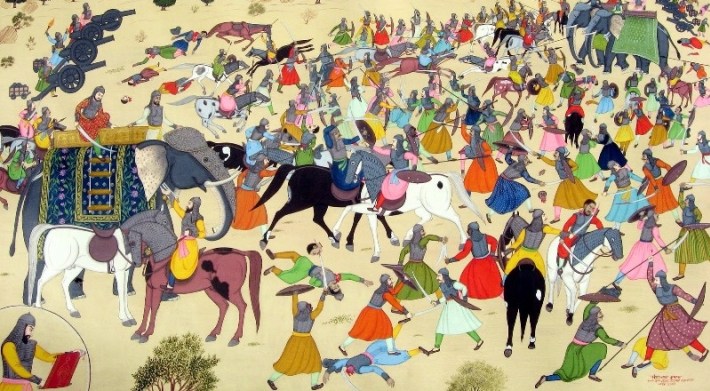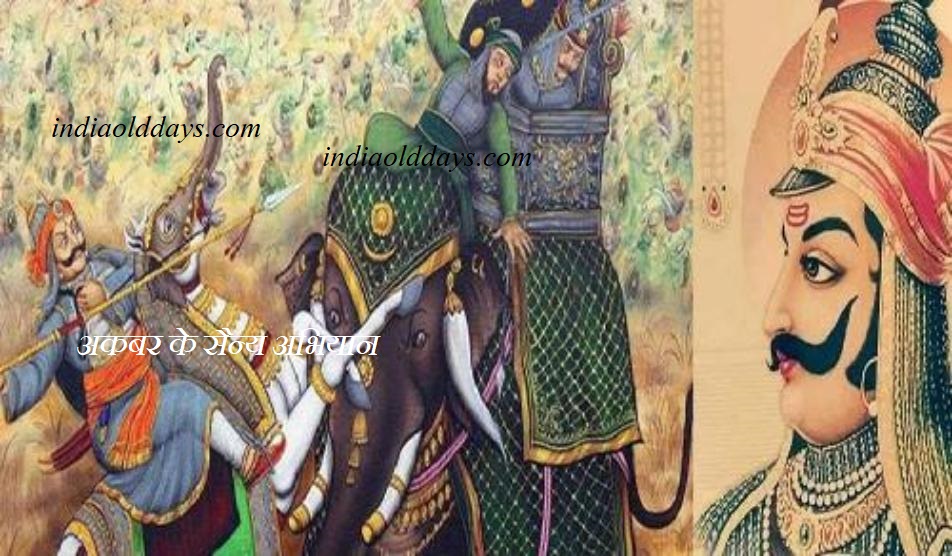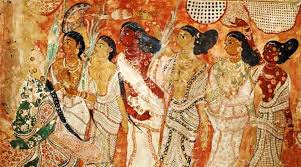what was the position of the indians in the british administrative structure
The military and administrative changes made in India after the revolution of 1857 make it clear that there was a decisive influence of the uprising of 1857 on the British policy. Under the military reorganization, to constitute the different soldiers of different castes in different regiments and to deprive the Indians of higher positions in administrative areas are some examples of changed British
policy.
The British thought themselves surrounded by enemies. Two ideologies were prevalent among British administrators and politicians.
- First was that British policy in India should be like a military winner. Liberal policy towards Indians would mean weakness of the government. This policy was called the reactionary policy.
- According to second ideology, educated and competent Indians should be given an opportunity to participate in the administration because not doing so could lead to the threat again of the British Empire. This policy was called the liberal policy.
After the revolution, these two ideologies have influenced the administrative policy of the British. 11 Governor-General came to India between 1858 and 1905; all of them were influenced by some ideology. But Lord Ripon and Lord Curzon vividly actively represent these two ideologies.
Administrative policy (1858-1880 AD)
While abolishing the company’s existence after the Revolution of 1857, the British government put force on the change in the administrative system of India. So, after the revolution of 1857 AD, many changes were made in the administration.
Military administration
There were two parts of the English army in India before the revolution. The first was called the company Regiment, in which all the soldiers were Indians, but the officers were Englishmen. The second was called the Queen Regiment, in which all the soldiers and officers were English. The soldiers of the Queen Regiment had more salaries and other facilities than the company regiment. Lord Kenning (1857-62) wanted to reorganize the military administration in such a way that in the future there would be no threat again.
So Kenning ended this division of the army. Although the soldiers of the Queen Regiment strongly protested, Kenning did not accept it.
Administrative decentralization
Centralization in the administrative matters was enforced by the Charter Act of 1833. After its expiry, In the era of Lord Dalhousie, the Charter Act was passed in 1853, in which the governor-general’s council was expanded to work on the bill, and Lord Dalhousie operated the council on the basis of the parliamentary system. As a result, 6 non-official members of the council used to criticize the government as the opposition party. Due to this system, Kenning had to face extreme difficulty.
The Indian Council Act was passed in 1861 to make changes in the above system, in which the provinces were given some freedom in making the law. Before this act, all the administration used to roam on a nail, but now the responsibility of separate departments handed over to the governance.
Council members were given the right to make final decisions in matters related to their respective departments. Only policy related matters were presented to the Governor General. This Act gave the right to increase the Governor-General and its autocracy of proceedings. This decentralization of administration benefited so much that some Indians had been associated with the British administration. But they did not have the right to interfere in executive affairs.
Changes in land system
The Bengal Tenancy Act was approved by Lord Kenning in 1859 to ban the rights of zamindars (Lords) in India, under which all the farmers were accepted the owner of the land that they had been occupied for 12 consecutive years and the rent (Lagaan) was also decided which has been given to the landlords by their farmers. This fixed rent could not be increased until the court examined it and gave permission for an increase in it. The rent of farmers, who had the land from 1793, could not have
been increased in any situation.
This act was opposed by the farmers, so a new rent commission was appointed in 1879 and on the basis of the report of this commission, an Act was approved again in 1885, in which the 12-year-old rights was interpreted liberally, but the farmer had to agree with the demand of the landlord for the increase in rent due to litigation and other problems.
Kenning ignored the interests of farmers to get support from Awadh’s landowners. Sir John Lawrence was a supporter of the farmer’s interest. So, he appointed an inquiry commission headed by Davies, in 1864.
The Awadh Tenancy Act was passed in 1886, according to which the farmers who had been occupied the land for 30 years were granted rights on that land.
Financial administration
Due to the revolution of 1857, the financial situation of the government became worst. Yet the obligation to repay the debt of the company was handed over to the Government of India. This increased financial difficulties of the government. So it was necessary for Kenning to find new means of income. Kenning increased the import-tax to 10 percent which was up to three to five percent.
In 1859-60, license tax and income tax imposed on business. Income tax was 2 percent on income from 200 rupees to 500 rupees and 4 percent on income more than 500 rupees. The British traders were more affected by this income tax. England’s businessmen demanded to end the import-tax, but the Government of India ended license tax instead of import-tax.
Income tax was also ended in 1862. In 1869-70, Lawrence put income tax again. At the time of Lawrence, rates of salt-tax were not the same in Bengal, Bombay, and Madras. Lawrence suggested bringing the salt-rate at the same level, but by the order of the Secretary of India the rate of salt-tax was reduced in Bengal and was increased in Bombay and Madras.
In 1864 the import-tax was reduced to 7 percent and import-tax on tobacco was reduced from 20 percent to 10 percent. Lawrence imposed a stamp tax in 1866, to increase the means of income, according to which a stamp of one rupee will be put on each case that will be presented in the court. Stamps will be at the rate of 10% for a thousand rupees case.
Centralization of finance was done by the Charter Act of 1833. But the provincial governments wanted to be free from the financial control of the Center. So in 1870, Lord Mayo (1869-71) decentralized finance with the help of Richard Temple and Strachey and handed over the responsibility of administration and revenue of certain departments to the provincial governments.
Indian citizen service
Competitive examination system started in 1855 according to the recommendations of the Macaulay Committee in 1854. This competition system was incorporated in the Act of 1855. According to this act, the maximum age was 23 years to recruit in the services of the Indian Secretary. Kenning reduced this maximum age to 22 years. In 1864, the maximum age of recruitment was reduced to 21 years, and Lord Lytton did the maximum age 19 years and the minimum age 17 years for recruitment in 1876.
Government degree and imperial court
Queen Victoria was declared the title of Kesare-Hind in 1876, by a proposal in the Disraeli government in England, whose main purpose was to create respect for the Queen in the heart of Indians. Lord Lytton organized a magnificent imperial court in Delhi to duly declare this title in 1877, in which all Indian kings were invited.
Lytton announced in the court of Indian rulers to take the title of Kesare-Hind to Queen Victoria. Lytton organized this court at that time when there was an outbreak of cyclone and famine in Bengal. Lytton spent millions of rupees for performing only on the royal court, while millions of Indians were dead by hunger.
This royal court was criticized in Indian newspapers. But Lytton was said that by the Royal Court Indian kings has become a worshiper of Queen of England and military power of England.
Arms Act
Indians had the facility of possessing arms for the protection of private property and agriculture before 1878. The number of robberies was increasing in most provinces of India and wild animals were not only affected the loss of agriculture but also the massacre was getting high. In these circumstances, it was necessary to have the weapons.
But by passing the armed act on March 14, 1878, the Central Council banned on possess arms without a license and imposed heavy taxes on imports of all types of weapons. In January 1879, Lytton issued an order and freed all Europeans, landowners, government officials and members of the municipalities from this act. By this order, Lytton not only promoted the policy of ethnic discrimination but also created differentiation among Indians.
Actually, the British government did not have trust in Indians, so the general public was disarmed by this Act and by order of Lytton.
Vernacular Press Act
The Indian newspapers strongly criticized the reactionary policy of Lord Lytton. Newspapers of Indian languages also used to strongly criticize British supporter kings and landlords. So they wanted to ban newspapers of Indian language.
Though the government was criticized in English-language newspapers also, Lytton did not consider these criticisms as objectionable. So on 14 March 1878, Lytton passed the Vernacular Press Act. According to this act, it was mandatory for the editors of Indian languages newspapers to make a written assurance to the magistrate or collector of their respective areas that they would not publish
such articles in their newspapers that spread resentment in public against the government or there is a possibility of spreading communal hatred.
The editors were also told that any news should be accepted by the government official before being published. The right to punish the editors who violated this act was given to the executive in place of the judges. This reactionary policy of Lytton was strongly opposed by the public.
Reference : https://www.indiaolddays.com/





